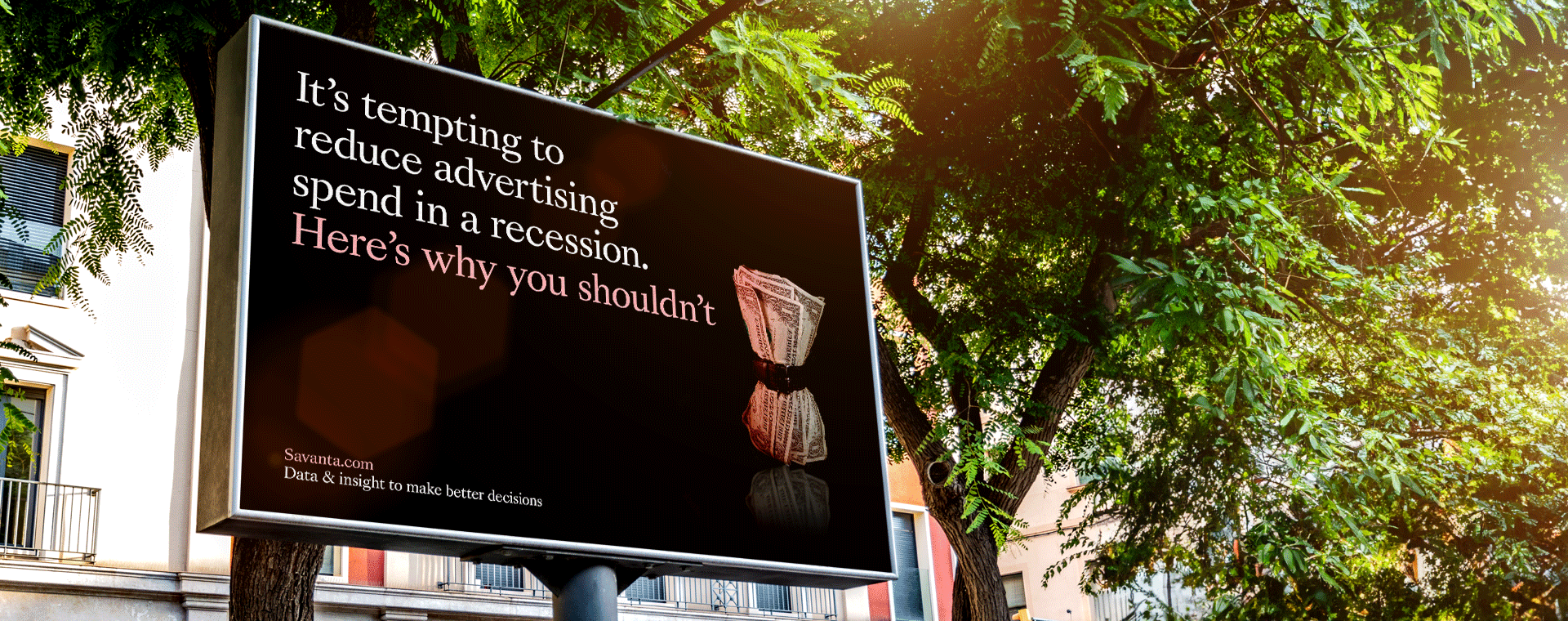
Nuclear energy has hit the headlines in recent months for several reasons, including the ongoing uncertainty around supplies of natural gas due to the war in Ukraine.
In a separate move, the UK government has announced nuclear energy will be classified as “environmentally sustainable” in a bid to increase private investment and meet the UK’s net zero obligations.
Surveying 2,093 UK adults aged 18+ online between 31 March and 2 April 2023, our data found public support is on the rise, with four in ten (40%) respondents supporting the use of nuclear energy. However, support remains substantially lower than renewable energy sources such as solar (80%), wind (79%) and hydro (67%).
Nevertheless, support for nuclear energy has surpassed coal (26%) – soon to be phased out for use in power generation in the UK – and is also not far behind natural gas (49%).
There are significant differences in support by age, but also gender. Those aged 55+ (49%) are more likely than 18-34s (33%) and 35-54s (36%) to say they support nuclear energy, as are male respondents (51%) compared to female (29%).
Changing sentiments
The public’s perception of nuclear as a sustainable alternative energy source may be shifting in a positive direction. Almost half (49%) of respondents agree that nuclear energy is a viable alternative to fossil fuels, a further sign that nuclear energy is gaining ground on natural gas. Again, agreement was stronger amongst male respondents (51%) than female respondents (32%) and those aged 55+ (46%) compared to 18-34s (36%).
In the same vein, four in ten (41%) respondents agree that nuclear energy is sustainable. A further third (33%) agree that nuclear energy is a form of green energy, a higher percentage than those who neither agree nor disagree (27%) or fully disagree (27%).
Future support
The above will be of much interest to the UK government, whose recent decision to reclassify nuclear energy as “environmentally sustainable” aims to boost investment in the sector by giving it the same access to incentives as renewable energy sources.
Support for this decision comes in similar levels to overall support for nuclear energy, with just under four in ten (38%) in favour of the government’s decision, though a significant proportion (31%) remain ambivalent about the policy.
Sentiment towards further investment in nuclear energy in the UK follows a similar trend, with just over a third (34%) believing the country should invest more, but three in ten (30%) believing investment should remain at current levels.
Interestingly, whilst respondents aged 55+ (40%) are more likely than both 18-34s (30%) and 35-54s (31%) to believe the UK should invest more, younger respondents (18-34, 35%) are more likely than older respondents (55+, 26%) to want to maintain investment at current levels. Similarly, there is no significant difference between age groups for those who want the UK to invest less.
This suggests that whilst young people appear negative at first glance, there may be a window of opportunity for the nuclear industry to convert this ambivalence into support for further investment.
Related reading
Check out our similar content:
- How are consumers prioritising sustainability amidst the energy crisis
- From droughts to downpours: what are individuals willing to do to save water?
- Octopus energy are making waves for energy’s big six
Get in touch
If you’d like to find out more, get in touch with the team: [email protected]
Or read more about our energy and utilities work here.





